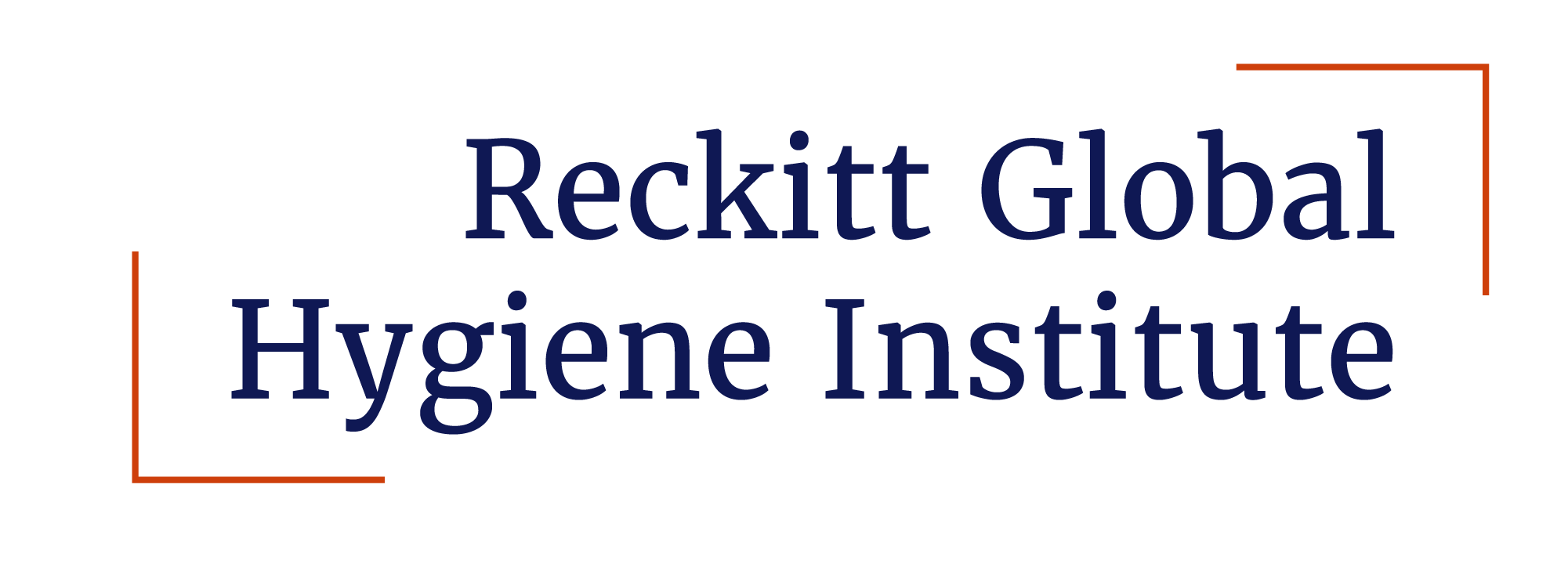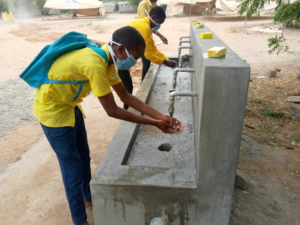Reflections from My Second Year as an RGHI Fellow
Sheillah Simiyu is an RGHI Fellow. Her research is focused on hand hygiene behaviours and facilities in low income settlements in Kenya, aiming to demonstrate how communities can be empowered to influence their hygiene practices.
As I reflect on my second year as a Fellow with the Reckitt Global Hygiene Institute (RGHI), I have experienced significant growth, not only in research but also in stakeholder engagement, leadership, and professional development. While research outputs often take centre stage in our annual reporting, this year I’ve come to appreciate that there are many other facets of the Fellowship that have been just as impactful, if not more so! I’d like to share my thoughts on these areas and how they have contributed to my journey.
This year, my research journey has been both challenging and rewarding. The first phase – data collection and analysis across four sites to understand hygiene practices – took longer than expected, but provided valuable insights such as the barriers for handwashing across the four sites that positioned me to move forward to phase two – which entailed co-designing interventions with stakeholders. Some of these interventions included community and household level sensitisation sessions. Despite the delays, I gained a more refined understanding of the research landscape and successfully completed my first manuscript.
Through RGHI’s support, I was able to expand my study into new geographic territories, Nairobi and Mombasa, allowing me to build new relationships with different stakeholders and gain new perspectives on handwashing practices. RGHI’s focus on creating meaningful connections gave me the tools to lead discussions with local public health officials, including Mombasa County’s Public Health Officer, who was influential in helping shape the community’s understanding of the research and its goals. These sessions were crucial in designing an intervention that reflected the needs and insights of the community, ensuring sustainability beyond the scope of the research. The support, especially the research funding that made this study possible, is something I doubt I could have accessed elsewhere.
Stakeholder engagement has been central to my research, particularly in Mombasa where I had not previously worked. I organised a series of county and local level engagement meetings, where stakeholders not only validated our findings but actively shaped our interventions. Through these sessions, we formed a working group of public health officers, community health coordinators, and researchers to guide implementation. What made this particularly valuable was how closely the stakeholders’ practical experience aligned with our research framework, enriching both perspectives and strengthening the research-policy-practice relationships.
The value of this stakeholder-driven approach extended to the regional level when I presented our findings at the AfricaSan Conference alongside colleagues from The World Health Organization and Amref Health Africa. The discussions on hand hygiene in community settings highlighted the ongoing need for sustained hygiene practices beyond emergency situations like the COVID-19 pandemic.
A significant element of the RGHI Fellowship has been the leadership development opportunities. Through the Mastering Mindset program, funded by RGHI, I took an advanced leadership module that enhanced my management skills. This training provided insights into leadership styles, effective collaboration, and strategies for addressing challenges. As a result of this course, I’ve grown in my capacity to manage an expanding team and to navigate the challenges of team dynamics. My improved leadership skills played a pivotal role in my promotion to Research Scientist in August 2023, a milestone I attribute to the Fellowship’s support.
Beyond the Fellowship, I have been lucky to participate in projects like a study on handwashing in refugee settings and research on sanitation, gender, and quality of life. These opportunities, coupled with networking events, like the University of North Carolina (UNC) Water and Health Conference, have enriched my understanding and expanded my professional network. RGHI’s community of Fellows has also been invaluable. Sharing projects, exchanging feedback, and collaborating with peers – such as Dr. Ian Ross on incorporating economic evaluations into my work – have broadened my skill set and opened doors for future partnerships.
As I continue in my third year, my primary goals are to complete my research and its outputs while continuing to refine my leadership abilities. I am eager to deepen my expertise in this area, recognising its importance in driving meaningful impact. RGHI’s ongoing support, particularly through funding and its robust network, will be instrumental in helping me achieve these objectives. The Fellowship not only provides resources but also fosters a community of professionals I can turn to for guidance and collaboration. As I build on the growth and experience of the past two years, I am excited to embrace the opportunities and challenges that lie ahead. While not all aspects of this growth can be easily measured – from leadership skills to stronger stakeholder relationships – they form a strong foundation that RGHI has helped me establish.
RGHI Reflects…
“It is fantastic to hear from Sheillah about her growth and ongoing development during her Fellowship. Improved hygiene is one of the most important strategies for enhancing global health, but hygiene research is underfunded and undervalued. At RGHI, we are committed to addressing this by supporting researchers like Sheillah who are working to address the critical links between hygiene and health in communities.
By focusing on funding transformative research, strengthening research capacity, and fostering collaboration, we can empower researchers to focus on innovative solutions that address pressing hygiene challenges. Stories like Sheillah’s demonstrate how comprehensive support can help build the next generation of hygiene researchers and leaders.”
- Sarah Roberts, Executive Director, RGHI
Sheillah Simiyu, RGHI Fellow
Read more about Sheillah’s research in our research portfolio, or connect with Sheillah on LinkedIn


 Woman with face mask using smart phone while reading her medical report in waiting room at the clinic by Drazen Zigic (iStock Standard Licence)
Woman with face mask using smart phone while reading her medical report in waiting room at the clinic by Drazen Zigic (iStock Standard Licence) View of Mumbai skyline over slums in Bandra suburb by f9photos (ISTOCK CONTENT LICENSE AGREEMENT, https://www.istockphoto.com/en/legal/license-agreement)
View of Mumbai skyline over slums in Bandra suburb by f9photos (ISTOCK CONTENT LICENSE AGREEMENT, https://www.istockphoto.com/en/legal/license-agreement)